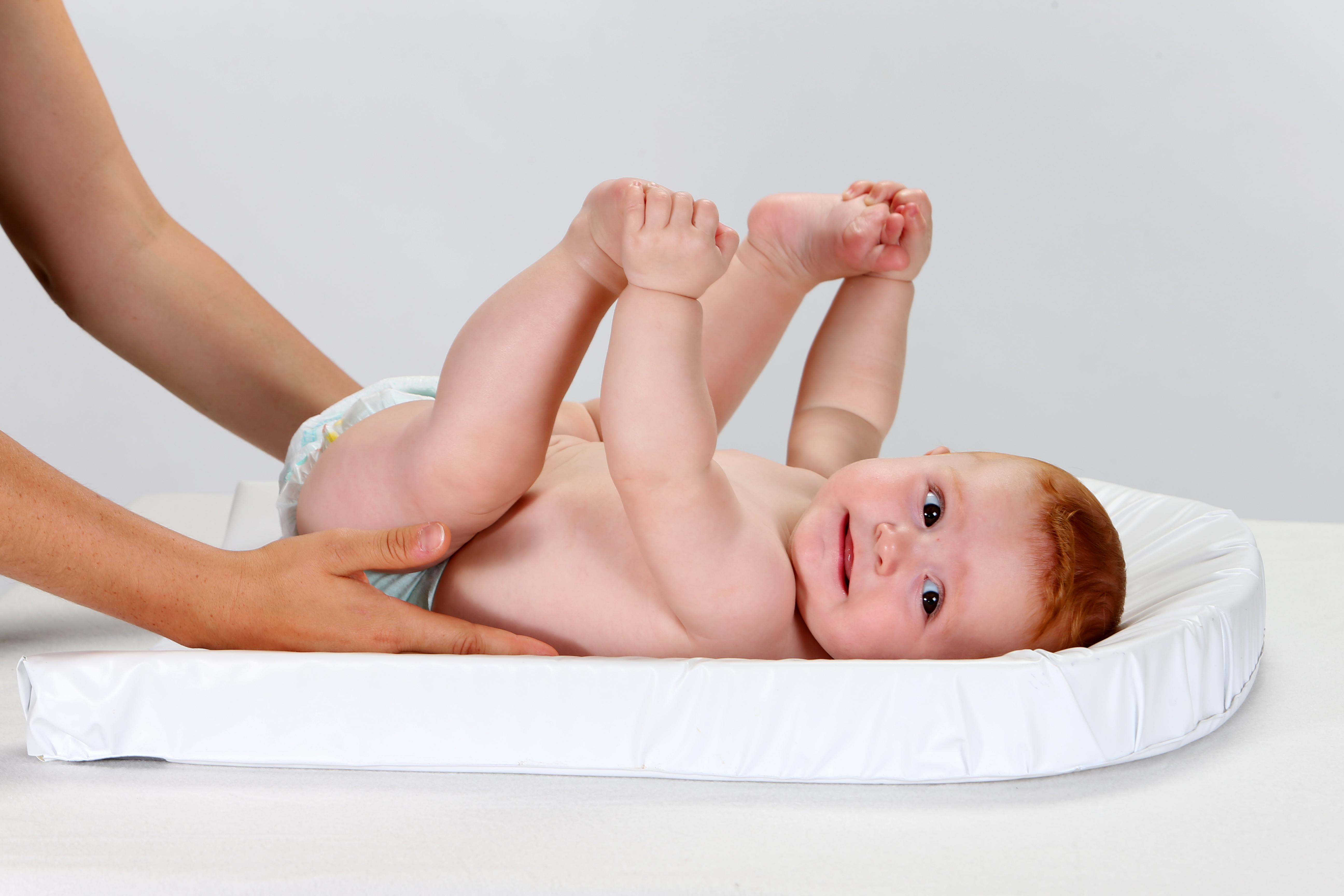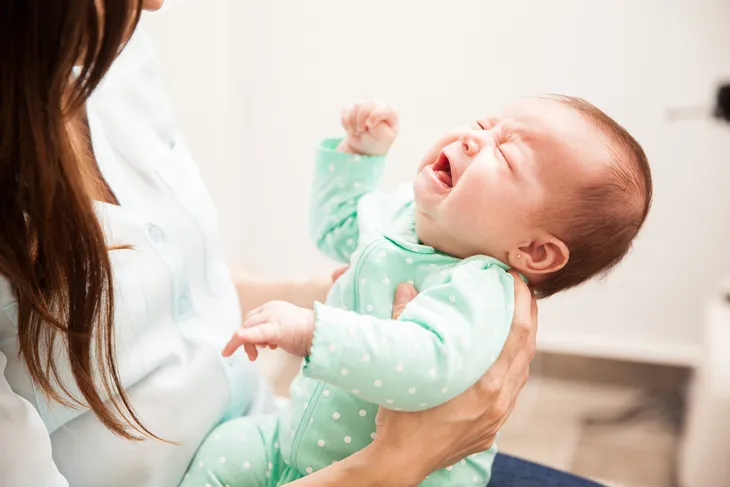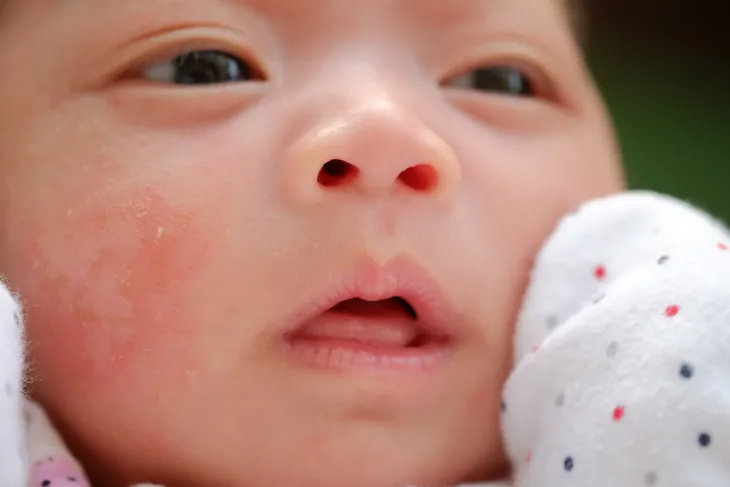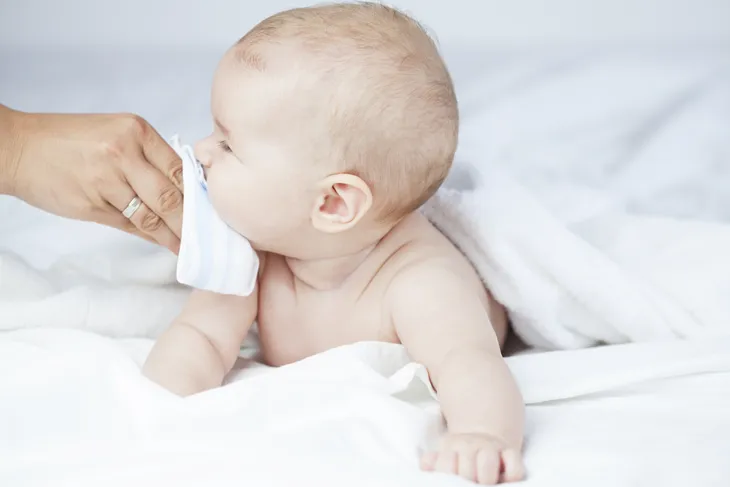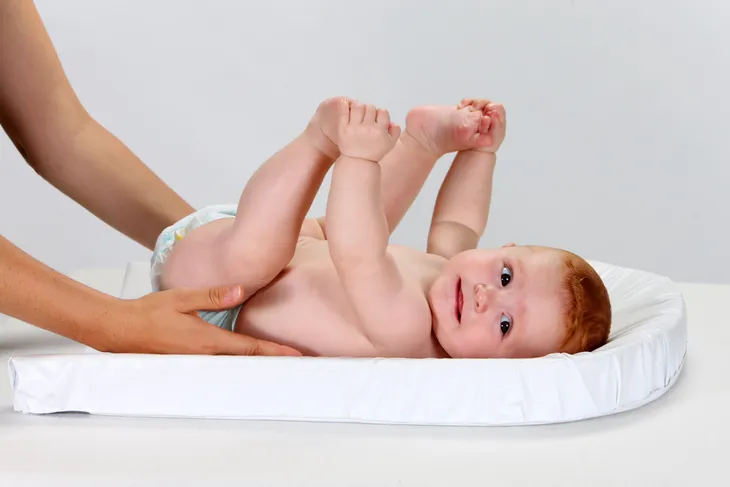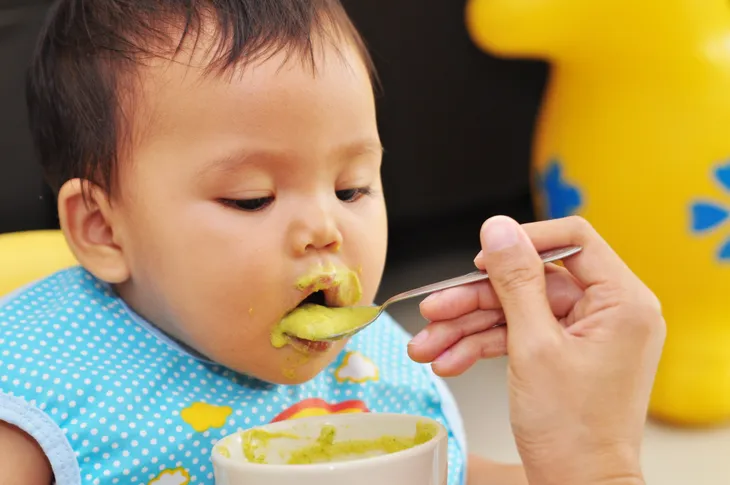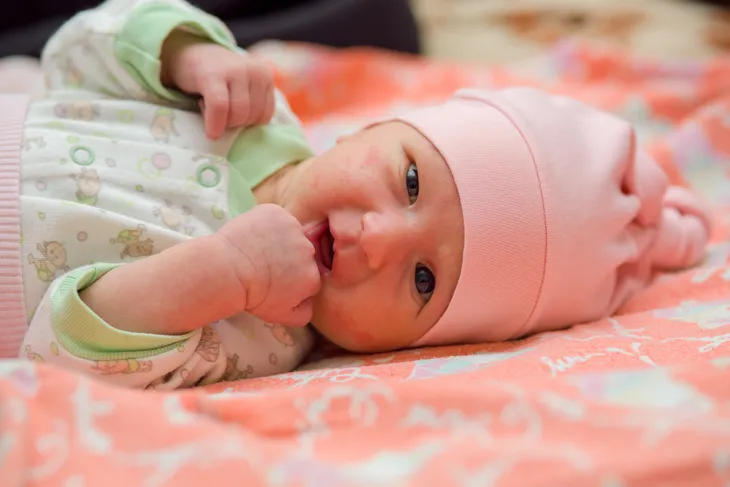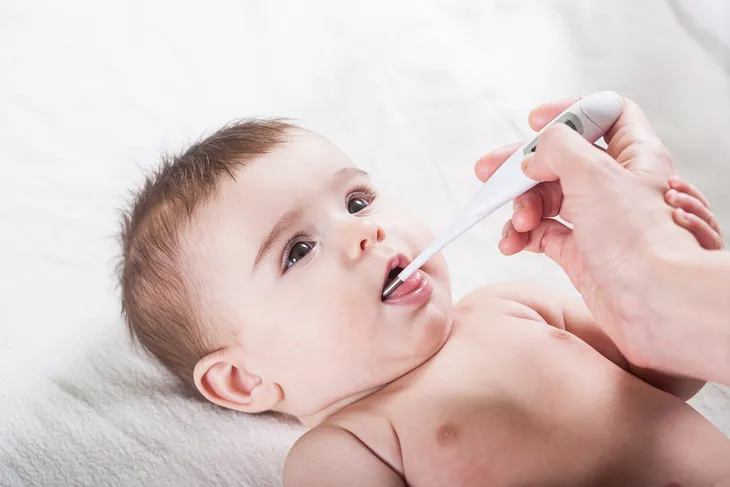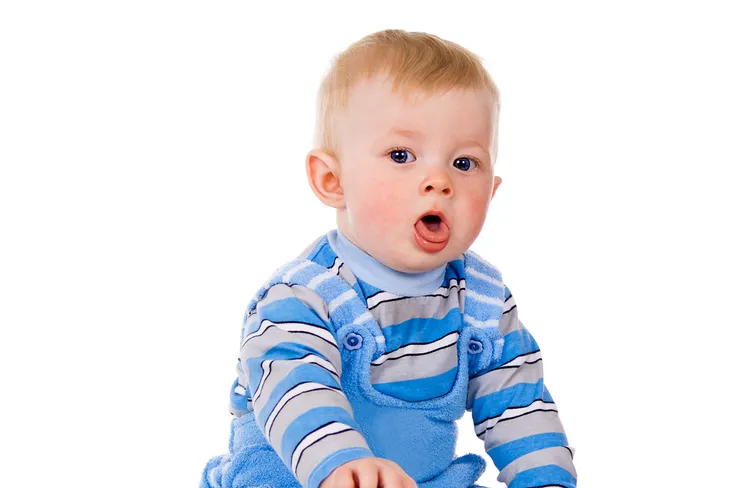Your baby is precious to you – so any signs of an illness can be very upsetting, especially to new parents. That being said, most babies are going to get sick – and fairly often – but it’s quite common and you can stay calm if you know what you’re looking for.
From uncontrollable crying to a higher temperature, it’s not usually a reason to pack up all your gear and head to the hospital. Here are eight common ailments in infants that are mostly harmless but can raise alarm bells (and if you’re in doubt, consult a medical professional).
1. Non-Stop Crying
Parents.com says parents can make the assumption they’re doing it all wrong when their baby is suddenly inconsolable. However, the source refers to what many parents in the know call “the witching hour,” and there’s not a lot you can do sometimes to calm them down once they reach it.
This extra fussiness usually begins around 4 to 7 p.m., and it’s natural, assures the site. It usually begins in baby’s first 2-months (and is especially prevalent between weeks 5 to 8), and then calms down by 3-months, it adds. You can ensure your baby is napping properly to help prevent them from getting overtired, or take them for a stroll to relax them, it suggests.
2. Flushed Cheeks
If you see an adult with flushed cheeks and a slightly high temperature, you might assume they’re coming down with something. However, that’s not always the case for very young children.
When they start getting teeth (which can be as early as a few months), babies can have a variety of symptoms from red, swollen gums, rosy cheeks, fever, excessive dribbling, and finger sucking, notes the Queensland Government health website. Letting the baby chew on an approved teething ring, or even a crust of bread, can help – as can teething gel. Ask a doctor or pharmacist for the best approach. Remember, if your baby has diarrhea with a fever, then that’s not from teething.
3. Frequent Spit-Ups
If your little one seems to be regurgitating a good deal of what they’re taking in, then they likely have gastroesophageal reflux, notes Parenting.com. This will cause babies to cry a lot and is usually misdiagnosed in “colic,” which is really just a nice way of saying “baby that cries a lot.”
The source explains this reflux problem is common in babies because “the circular band of muscle that acts as a valve between the esophagus and the stomach is immature.” It suggests smaller, more frequent feedings, which also helps produce more saliva that helps neutralize stomach acid.
4. Infrequent Pooping
We’re somewhat programmed to believe that we should have a bowel movement every day, and sometimes forget the rules are different for babies. ChildrensMD.org says that even 18-days without pooping can be normal for an infant.
It explains that babies older than 8-weeks often go 5-days without a dirty diaper, which is not always an indication they’re constipated. “Breastfed babies, especially if they have not started solid foods, can easily go two weeks without a poopy diaper once they are 2-3 months old,” it adds. There’s not much waste leftover from breast milk once it passes through your child’s system, it explains.
5. Refusing Solid Food
You might’ve seen a milestone chart that tells you exactly when a baby is supposed to start becoming interested in solid food (for the record, it’s usually around 6-months, but that’s merely a guideline).
Furthermore, your child may have already started eating solids and then lose interest in them, which is both frustrating for parents and a red flag that something may be wrong. But Parents.com explains that some babies regress back to breast milk out of familiarity and convenience around 6 to 12-months – and it’s not cause for worry. It says that most 11-month-olds average between 32 to 36-ounces of formula per day, which will give them all the nutrients they need.
6. Skin Bumps/Rashes
There are a number of different rashes a baby might have, and most of them are not a reason to book a visit to the doctor. BabyCenter.com has a handy visual guide to help you identify the type of rash and whether it’s cause for medical treatment.
For example, babies often get acne (it’s not just a teenager problem). It can appear in various areas of the face, and develop between 2 to 4-weeks, but it’s not contagious (but if the bumps start covering the whole body, you may be dealing with chickenpox). It could also be cradle cap, which is dry and flaky skin that can also cause some hair loss. Diaper rash is another common reason for redness, and can cause discomfort for babies at change time, but it can be fairly easily addressed.
7. High Fevers
This is very alarming for parents when they get a thermometer readout from their infant that tops 104-F or more. After all, if that were an adult, they’d likely be in the ER at that stage, or at least making arrangements for medical treatment.
“Like it or not, by the time he’s a year old, your baby is bound to burn up,” explains Parents.com. Fevers of 103-F or higher are common in babies, and while you should probably still contact a doctor, it’s not a reason to lose your cool. The source says babies tolerate high fevers better than adults – but it’s the duration that’s more important. If the high fever persists for more than a day, then a visit to the doc is in order. If your baby is younger than 2-months, fevers are to be taken more seriously, it adds.
8. Prolonged Coughing
Many kids will cough and cough without symptoms of being sick, which can be confusing for parents as to what they should do to address it. Today’s Parent magazine explains that “most kids’ coughs don’t warrant a midnight visit to the ER,” and that the likely culprit is an upper respiratory infection.
In other words: this is a common cold. But you can tell how serious your child’s cough is by listening to its characteristic sound – if it’s wheezy with shortness of breath, it could be asthma, says the source. If you kid coughs and hacks when they lie down, it could be sinusitis from mucus. But the “wet” cough from a cold is not a reason for too much concern – especially since most kids get 6 to 10-colds per year, it explains. If there’s a fever along with it, get it checked out if the fever (or cough) hasn’t improved after 5-days. The illness may also develop into a middle-ear infection, common in kids but also a reason for medical help as it can cause pain and high fever.
